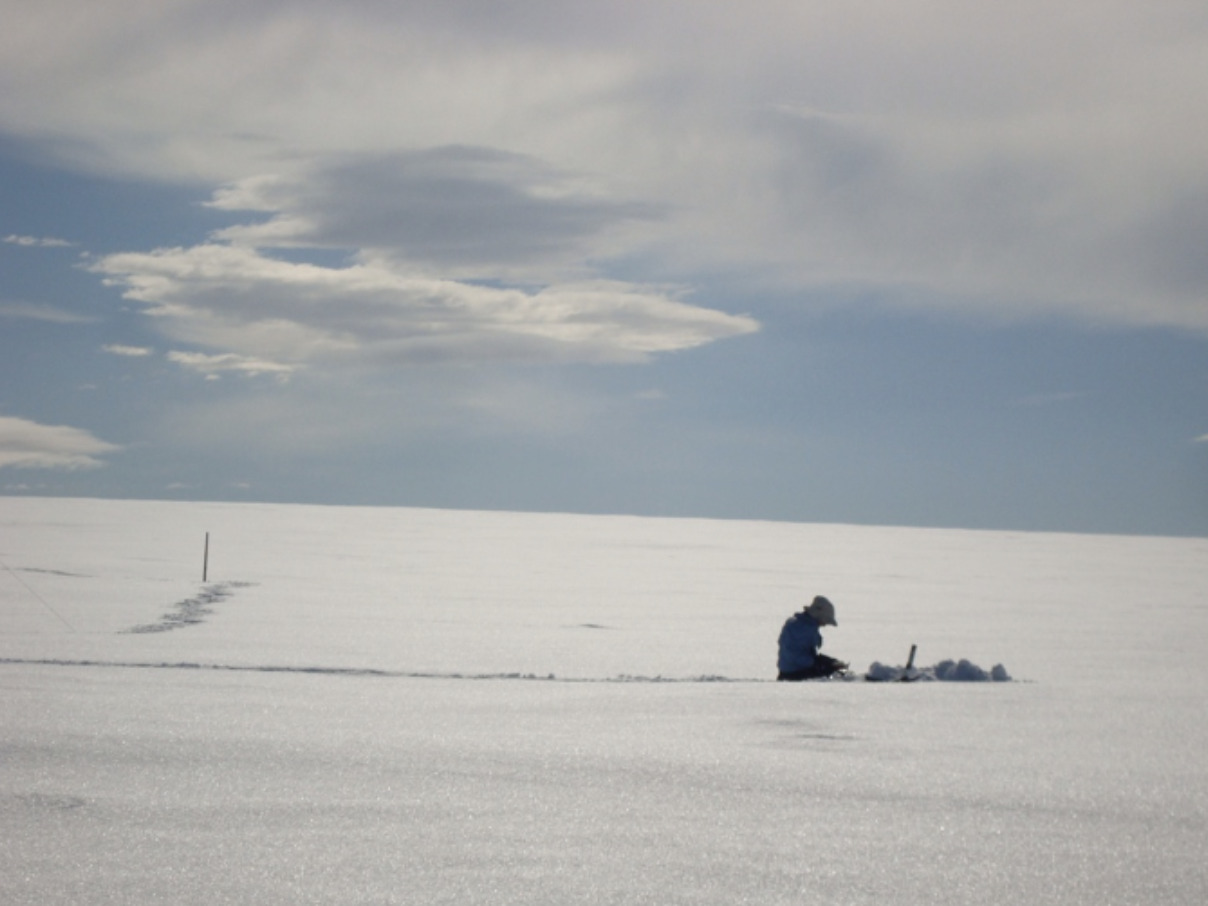College of Life Sciences: BYU students research earth’s climate for permafrost preservation

A team of BYU students are working together to research the Earth’s permafrost regions and establish ways to protect Earth’s climate. BYU assistant professor Ben Abbott is leading the team and calling on others to examine their own carbon footprint.
Abbott said protecting the permafrost region is important for three main reasons: (1) more than 1.5 billion people depend on the ecosystem services provided, (2) permafrost regions make up most of the Earth’s remaining wilderness and (3) the permafrost zone contains more than 2.5 trillion tons of organic carbon. If that carbon thaws and begins to rot, it could release immense amounts of greenhouse gases that could further destabilize the climate.
Abbott encouraged BYU students to embrace public transportation, renewable energy and consider plant-based diets to reduce human-induced climate change.
Abbott said climate change at its simplest level is a result of human energy and food choices. “A lot of work still remains,” Abbott said. “There are whole villages and regions that are suffering from the meltdown of permafrost and it is our responsibility to help them deal with this unnatural disaster.”
David M. Kennedy Center for International Studies: BYU named NRC for Latin American and Asian studies

The Kennedy Center announced that BYU and the University of Utah have together been named a National Resource Center for Latin American and Asian studies on Aug. 19. This new title accompanies a $7 million grant to the schools for funding towards language and area studies of different world regions.
Each grant is awarded for four years and schools must re-submit an application after their grant is up. This is the third time that BYU and the University of Utah have been named an NRC for Latin America and the fourth time for Asia.
“The whole goal with all this funding,” Kennedy Center scholarship coordinator James Mayo said, “is that our campus community can have more in-depth interactions with Latin America and Asia, and our students can have better opportunities to become more engaged with and more knowledgeable about these regions of the world.”




